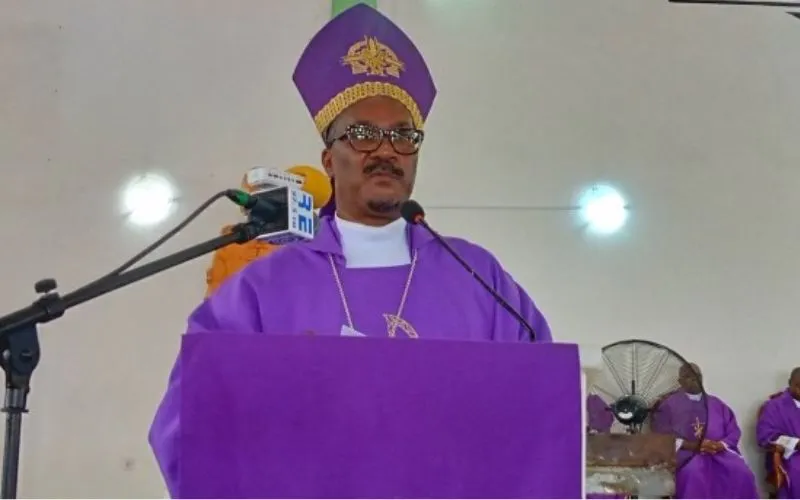“Each of us must ask: Am I contributing to peace and reconciliation in my family, community, and country? Or are my actions adding to division and conflict?” he posed.
The Angolan member of the Congregation of the Holy Spirit (CSSp./Holy Ghost Fathers/Spiritans) denounced the recent episode of political intolerance in Benguela Province that led to the death of a citizen.
Intolerance, be it political, social, or domestic, can take root in subtle ways and often leads to hatred and violence, he warned, and added, “Even in small gestures, we can be intolerant toward our spouses, children, or colleagues. Sometimes envy makes us intolerant of others' success.”
“This mindset breeds resentment, which ultimately destroys peace,” Bishop Camuto said.
He called upon Christians to “examine their hearts and uproot bitterness, anger, and harmful intentions”, adding that “true reconciliation begins with the individual.”
Meanwhile, in Angola’s Catholic Diocese of Menongue, the Spiritual Assistant to the Diocesan Commission for Justice, Peace, and Integrity of Creation has underscored the importance of peace and reconciliation in the Southern African nation.
“Peace and reconciliation must go hand in hand. To separate the two is a grave mistake. If reconciliation is not real and effective, peace will always be under threat,” Fr. Elias de Jesus Paixão Rui Ndala said during Mass at Our Lady of Visitation Cuchi Parish of Menongue Diocese on April 6.
Fr. Elias challenged Christians to abandon divisive attitudes based on ethnicity, politics, or past conflicts.
He said, “Expressions like ‘we are from here, they are from there’ have no place in a peaceful society. They may feed war, but they do not build peace.”
Fr. Elias reminded Christians of their unique role in society, noting that “a Christian who lives outside of this process of reconciliation with God and with their brothers and sisters is a false Christian.”





